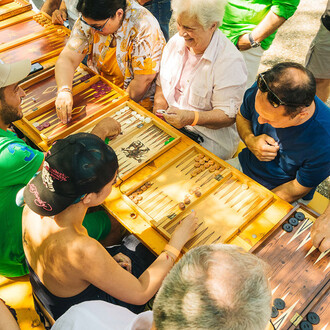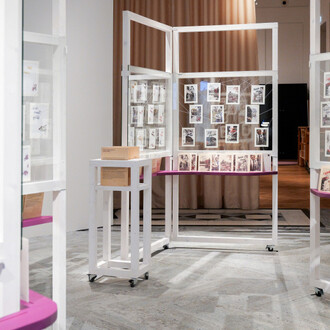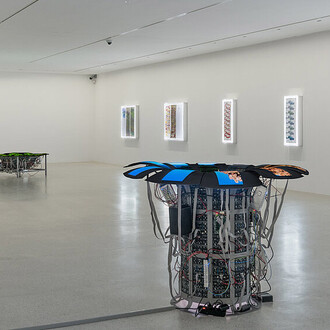Habitats unfold everywhere: in the Stadtpark, in the botanical garden or along the Mühlgang, in a cemetery, in cracked asphalt – perhaps even in a roof niche or on a window pane. Plants, animals and fungi have always lived in cities, whether hidden or visible, wanted or not.
We can observe how cities are becoming a home and a refuge for multiple species, who find the conditions they need for their survival, such as shelter and food, in the urban environment. On the other hand, green infrastructures and intact urban micro-ecosystems are losing space as cities densify.
With this in mind, Habitat Graz focuses on Graz’s urban ecologies. Understanding that the city and each of us are part of the interdependent and complex biosphere is as urgent as taking responsibility for Earth as a home for all: a matter of interspecies justice and collective survival.
Between art and urbanism, science and storytelling, the exhibition invites us human inhabitants to get to know more about our non-human neighbours and their urban habitats. By unveiling old and new relations, the exhibition opens up spaces for urban research and co-creation. Habitat Graz shows and imagines a city where life forms and spaces are interconnected, valued, and cared for. Chime in!
With artworks by: Anaïs Horn, Andrea Acosta, Anita Fuchs, Barbara Schmid, Conrad Kreuzer, Environmental Performance Agency, ILA, Josef Kuwasseg, Livia Weindl, Lois Weinberger, Mandy Mozart, Marjetica Potrč, Markus Jeschaunig, Nicole Pruckermayr, Nobertine Bressler-Roth, Polonca Lovšin, Reni Hoffmüller, and the kids of Volksschule Triester and Projektschule Graz.
(Curator: Daniela Brasil)
















